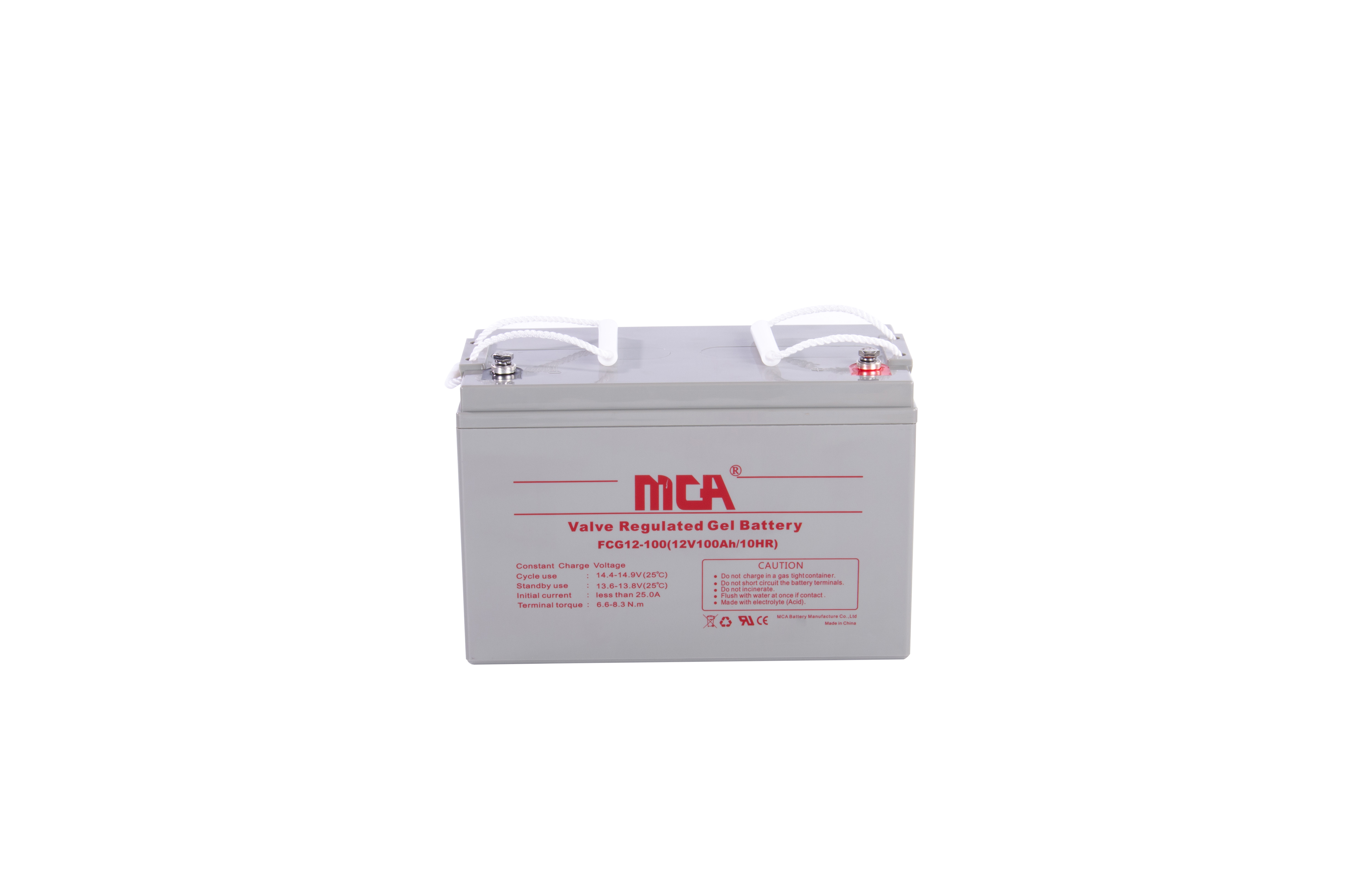12
2025
-
09
Why Generation Lithium Batteries Are Key to Future-Proofing Energy Solutions
Why Generation Lithium Batteries Are Key to Future-Proofing Energy Solutions
Table of Contents
1. Introduction: The Energy Evolution
2. Understanding Generation Lithium Batteries
3. Advantages of Lithium Batteries Over Traditional Options
3.1 Higher Energy Density
3.2 Enhanced Longevity and Durability
3.3 Faster Charging Capabilities
4. Applications of Generation Lithium Batteries
4.1 Renewable Energy Storage
4.2 Electric Vehicles and Transportation
4.3 Portable Electronics
5. The Role of Lithium Batteries in Sustainability
5.1 Reduced Carbon Footprint
5.2 Recycling and Circular Economy
6. Challenges Facing Lithium Battery Technology
6.1 Resource Scarcity
6.2 Environmental Concerns
7. Future Trends in Lithium Battery Development
7.1 Innovations in Battery Chemistry
7.2 Integration with Smart Grid Technologies
8. Conclusion: The Path Forward
9. Frequently Asked Questions (FAQs)
1. Introduction: The Energy Evolution
In today's rapidly evolving world, energy solutions must adapt to meet the increasing demands of both industries and consumers. As the global focus shifts toward sustainability and renewable resources, **Generation Lithium Batteries** have emerged as pivotal players in this transformation. Their unique properties make them ideal for storing and efficiently utilizing energy derived from renewable sources such as solar and wind. This article delves into why these batteries are essential for **future-proofing** our energy systems.
2. Understanding Generation Lithium Batteries
Generation Lithium Batteries, specifically lithium-ion and lithium-polymer types, represent a significant advancement in battery technology. They consist of **lithium compounds** that facilitate energy storage through electrochemical reactions. Unlike traditional batteries, lithium batteries are lighter, more efficient, and capable of delivering higher voltages, making them suitable for a wide range of applications.
3. Advantages of Lithium Batteries Over Traditional Options
As we explore the reasons behind the popularity of lithium batteries, it is essential to highlight their advantages over traditional lead-acid and nickel-cadmium batteries.
3.1 Higher Energy Density
One of the most significant benefits of lithium batteries is their **higher energy density**. They can store more energy in a smaller volume, allowing devices to run longer without the need for frequent recharging. This characteristic is especially important in applications such as **electric vehicles** and portable electronics, where space and weight are critical factors.
3.2 Enhanced Longevity and Durability
Lithium batteries generally have a longer lifespan compared to their traditional counterparts. They can withstand more charge and discharge cycles—often exceeding **2,000 cycles**—making them a more economical choice in the long run. This longevity reduces the need for replacement, leading to less waste and lower costs over time.
3.3 Faster Charging Capabilities
In our fast-paced society, time is of the essence. Lithium batteries excel in **charging speed**, often reaching full charge within an hour, unlike traditional batteries, which may take several hours. This rapid charging capability enhances user convenience and efficiency.
4. Applications of Generation Lithium Batteries
The versatility of Generation Lithium Batteries extends across various sectors, making them integral to modern energy solutions.
4.1 Renewable Energy Storage
As the world increasingly shifts to renewable energy, effective storage solutions are paramount. Lithium batteries play a crucial role in storing energy generated from solar panels and wind turbines, enabling a consistent power supply even when generation is low. This function is vital in stabilizing the energy grid and promoting the use of renewable sources.
4.2 Electric Vehicles and Transportation
The automotive industry is undergoing a revolutionary change with the rise of **electric vehicles (EVs)**. Lithium batteries power the majority of EVs on the market today, offering a sustainable transport solution that reduces reliance on fossil fuels. The continued development of lithium battery technology promises to enhance the range and efficiency of EVs, making them more appealing to consumers.
4.3 Portable Electronics
From smartphones to laptops, lithium batteries power the devices that connect us daily. Their lightweight nature and efficient energy use have made them the preferred choice in the consumer electronics market, illustrating their indispensable role in modern life.
5. The Role of Lithium Batteries in Sustainability
As the world confronts the challenges of climate change and resource scarcity, lithium batteries offer a pathway toward a more sustainable future.
5.1 Reduced Carbon Footprint
Lithium batteries facilitate the transition to clean energy, significantly reducing greenhouse gas emissions associated with fossil fuel use. By enabling the storage and use of renewable energy, these batteries contribute to a decrease in carbon footprints across various sectors.
5.2 Recycling and Circular Economy
Advancements in recycling technologies are making it possible to recover valuable materials from depleted lithium batteries. A well-implemented recycling process can lead to a **circular economy**, where materials are reused, thus minimizing waste and conserving resources.
6. Challenges Facing Lithium Battery Technology
Despite their advantages, lithium batteries are not without challenges that must be addressed to ensure their sustainability and efficiency.
6.1 Resource Scarcity
The mining of lithium and other materials used in battery production raises concerns over resource depletion and environmental degradation. Ensuring a sustainable supply chain and exploring alternative materials are critical steps in mitigating these issues.
6.2 Environmental Concerns
The environmental impact of lithium extraction and battery disposal poses significant challenges. Policymakers and industry leaders must focus on improving mining practices and developing effective recycling methods to minimize harm to ecosystems.
7. Future Trends in Lithium Battery Development
The landscape of lithium battery technology is constantly evolving, with numerous innovations on the horizon.
7.1 Innovations in Battery Chemistry
Research into alternative battery chemistries, such as solid-state batteries and lithium-sulfur technologies, holds promise for even greater efficiency and safety. These innovations may help overcome current limitations and expand the applications of lithium batteries.
7.2 Integration with Smart Grid Technologies
As smart grid technology evolves, the integration of lithium batteries into these systems will enhance energy management and distribution. This synergy will facilitate the intelligent use of energy resources, ultimately leading to a more sustainable energy landscape.
8. Conclusion: The Path Forward
Generation Lithium Batteries are not just a technological advancement; they are a cornerstone of the future energy landscape. Their unique properties and applications position them as essential components in the transition to sustainable energy solutions. As we address the challenges and embrace the innovations in this field, the future of energy will undoubtedly be shaped by the potential of lithium batteries.
9. Frequently Asked Questions (FAQs)
FAQ 1: What is the lifespan of a lithium battery?
The average lifespan of a lithium battery is typically between **2,000 to 5,000 cycles**, depending on the usage and care.
FAQ 2: Are lithium batteries recyclable?
Yes, lithium batteries can be recycled, and recycling technologies are advancing to recover valuable materials efficiently.
FAQ 3: How do lithium batteries compare to lead-acid batteries?
Lithium batteries have a higher energy density, longer lifespan, and faster charging capabilities compared to traditional lead-acid batteries.
FAQ 4: What are the environmental impacts of lithium battery production?
Lithium battery production can lead to resource depletion and environmental degradation; however, sustainable practices and recycling can mitigate these impacts.
FAQ 5: What is the future of lithium battery technology?
The future of lithium battery technology includes innovations in battery chemistry, increased recycling efforts, and integration with smart grid technologies to enhance energy management.
Relevant News









